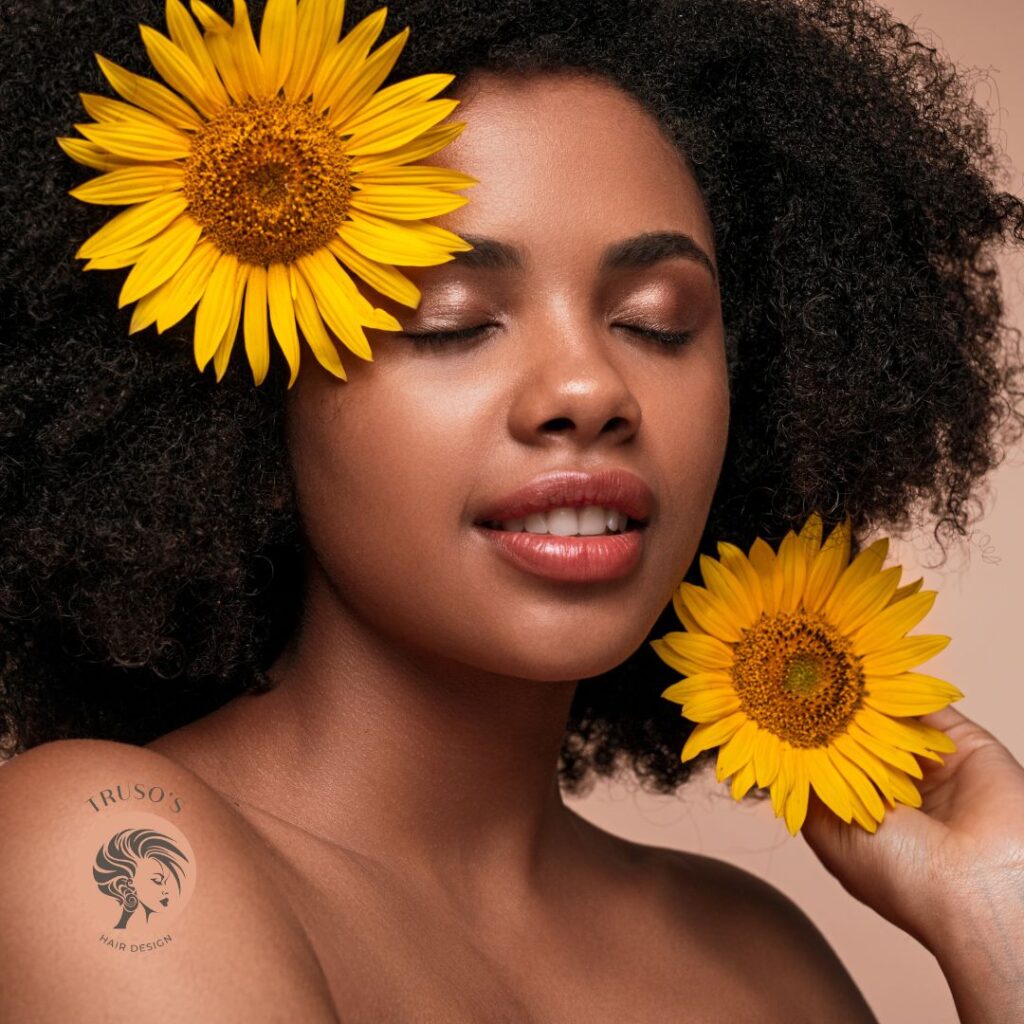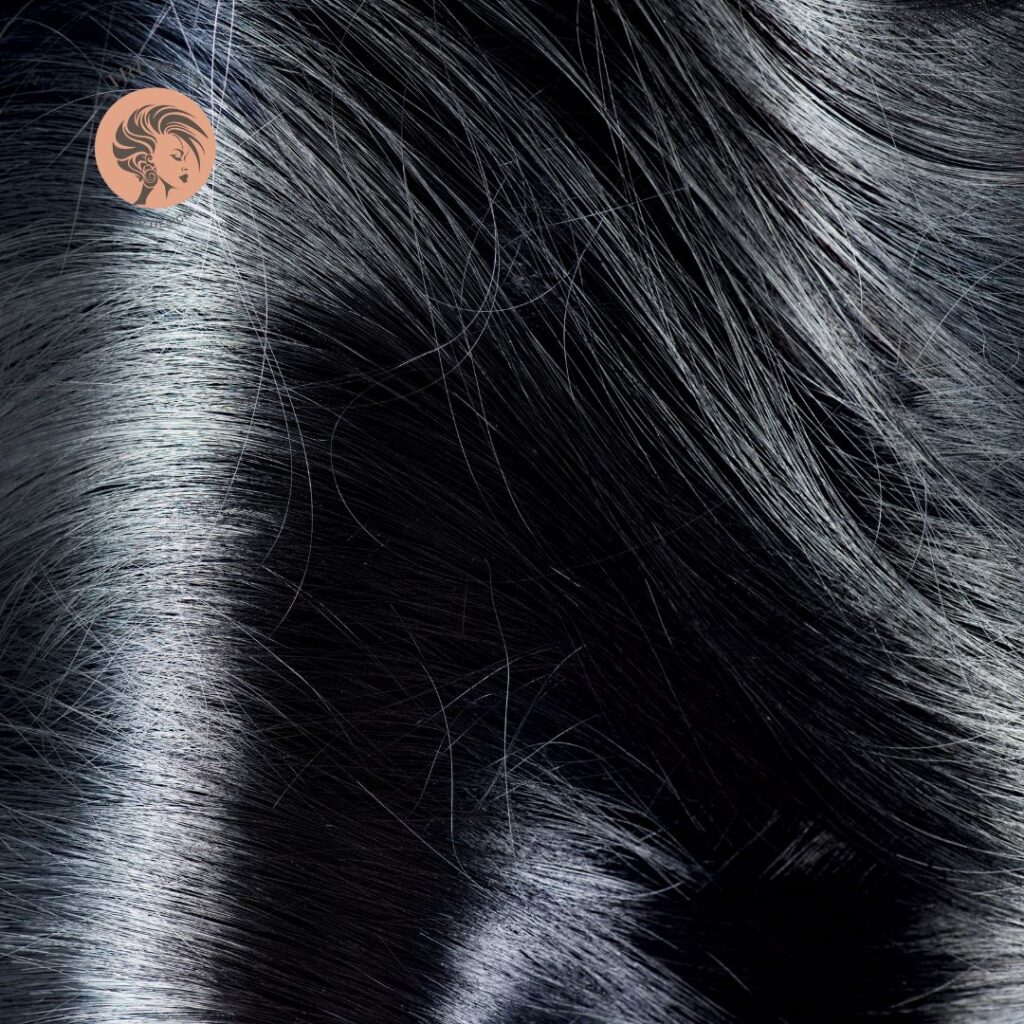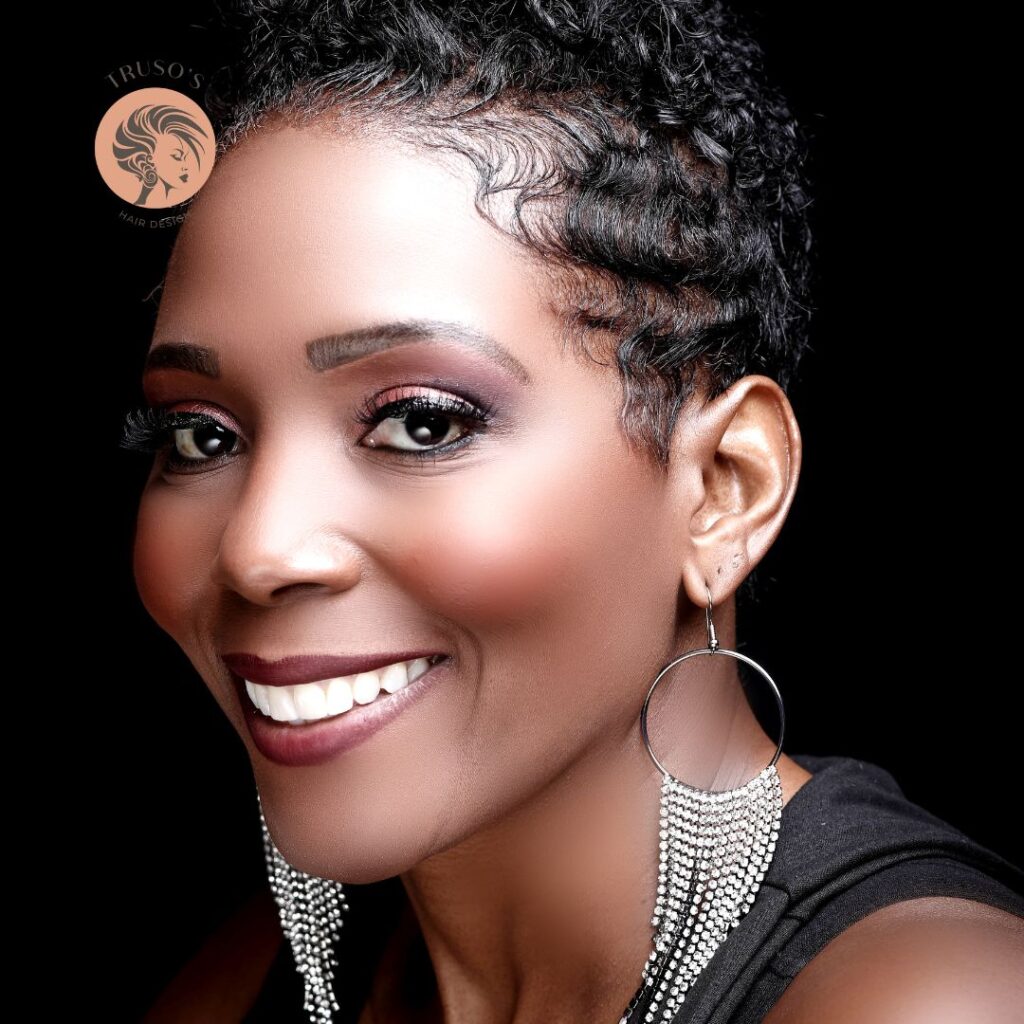Know the difference between positive and negative elements
Caring for black hair can sometimes feel overwhelming, especially when navigating the myriad of products available on the market. In this post, we will explore detrimental ingredients and practices that can hinder the health of black hair, emphasizing the importance of effective black hair care.
Understanding Black Hair Characteristics
Black hair is often classified as type 3 or type 4 in the hair typing system, denoting its spiral curls and coils. This unique structure makes it more susceptible to dryness, breakage, and damage. Therefore, it’s crucial to adopt the right black hair care methods to maintain moisture and strength.
Before diving into the specifics, it’s important to understand that black hair requires a commitment to hydration, nourishment, and gentleness. Products that don’t cater to these needs can lead to many issues, such as brittle hair, split ends, and an unhealthy scalp.
Ill-Suited Ingredients in Hair Products
Sulfates
Sulfates are harsh cleansing agents commonly found in shampoos. These compounds strip natural oils from the hair and scalp, which can be particularly damaging to black hair. Instead of achieving a clean scalp, using sulfate-laden products can lead to excessive dryness and frizz. Opt for sulfate-free shampoos that gently cleanse without robbing your hair of its essential moisture.
Alcohol-based Products
Not all alcohols are created equal. While some fatty alcohols (like cetyl and stearyl alcohol) can be beneficial for black hair care, many styling products contain short-chain alcohols, such as ethanol and isopropyl alcohol. These drying agents can sap moisture from your hair, making it brittle and prone to breakage. Always check ingredient labels and avoid products high in drying alcohols.
Parabens
Parabens are preservatives commonly used in hair care products to prolong shelf life. However, they can disrupt hormone levels and may cause irritation to sensitive scalps. Many brands now offer paraben-free products, which can be a safer choice for protecting the health of your hair and scalp.
Products with Fragrance
While pleasant scents are appealing, many fragrances in hair care products contain synthetic chemicals that can irritate the scalp and cause allergic reactions. If you have sensitive skin or scalp, look for products labeled as fragrance-free or those that use natural fragrances. This shift can ensure your black hair care routine is as gentle as possible.
Heat Styling Tools
Although not a product, heat styling tools are among the most detrimental to black hair if not used correctly. Frequent use of flat irons, curling wands, or hair dryers can contribute to significant damage if proper precautions aren’t taken. Excessive heat can lead to dryness and breakage, making strands lose their natural curl pattern.
To protect your hair, always use a heat protectant spray before styling and limit heat usage. Embracing heatless hairstyles is also a fantastic alternative to preserve the beauty and health of your hair.
Tight Hairstyles and Extensions
While sometimes unavoidable, consistently wearing tight hairstyles can lead to traction alopecia, a type of hair loss resulting from excessive pulling on hair follicles. Extensions, braids, and tight ponytails can place a significant strain on your hair, weakening it over time. When styling, always be gentle and allow for rest periods without added tension to maintain healthy black hair.
Final Thoughts
Navigating the world of black hair care requires careful consideration of what products and practices to avoid. Steering clear of sulfates, drying alcohols, parabens, and harsh fragrances can significantly improve your hair’s health. Additionally, taking care to minimize heat exposure and avoid tight hairstyles can prevent long-term damage.
By focusing on gentle, nourishing, and hydrating products specifically designed for black hair, you can create a healthier environment for your hair to thrive. Remember, the journey to healthy hair is personal, and what works for one person might not work for another. Stay informed, listen to your hair, and embrace what makes it unique.
Visit our main blog page for more interesting articles




